ITDP Reports provide a focused look at the impacts or potential of programs and policies, often in a specific region, city or neighborhood.
Search Reports By Keyword
Recent Reports
[WEBINAR] Indicators For Sustainable Mobility
January 14, 2019
![[WEBINAR] Indicators For Sustainable Mobility](https://itdp.org/wp-content/uploads/2019/01/toyota-indicators-header-e1560444961373.jpg) Wednesday, January 30, 2019 12pm EST Webinar Recording More on the Indicators Indicators for Sustainable Mobility Presentation As Climate Change Escalates, US Cities Fail to Provide Car Alternatives About the Webinar As cities seek to improve their transportation systems to make them more sustainable, equitable, and useful for people, it is critical that they first understand how their system performs. To that ...Read More
Wednesday, January 30, 2019 12pm EST Webinar Recording More on the Indicators Indicators for Sustainable Mobility Presentation As Climate Change Escalates, US Cities Fail to Provide Car Alternatives About the Webinar As cities seek to improve their transportation systems to make them more sustainable, equitable, and useful for people, it is critical that they first understand how their system performs. To that ...Read MoreITDP Announces New CEO Heather Thompson
September 19, 2018
 We are pleased to announce the appointment of Heather Thompson as our new chief executive officer. Ms. Thompson, who has been serving in the role of interim CEO since February, was selected by the ITDP board of directors after an extensive, international search. Her transition to permanent CEO is ongoing, and will be effective October ...Read More
We are pleased to announce the appointment of Heather Thompson as our new chief executive officer. Ms. Thompson, who has been serving in the role of interim CEO since February, was selected by the ITDP board of directors after an extensive, international search. Her transition to permanent CEO is ongoing, and will be effective October ...Read MoreBus Rapid Transit Nearly Quadruples Over Ten Years
November 17, 2014
 Bus rapid transit has grown by 383 percent in the last ten years, according to new data released by ITDP. As cities around the world discover the benefits and cost effectiveness of BRT, they have built hundreds of systems across dozens of countries that qualify as true BRT. A new interactive map shows a comprehesive ...Read More
Bus rapid transit has grown by 383 percent in the last ten years, according to new data released by ITDP. As cities around the world discover the benefits and cost effectiveness of BRT, they have built hundreds of systems across dozens of countries that qualify as true BRT. A new interactive map shows a comprehesive ...Read MoreITDP Releases New Study on Climate Change Ahead of UN Climate Summit
September 17, 2014
 As world leaders gather for the United Nations Secretary-General’s Climate Summit on September 23rd, ITDP and the University of California, Davis, have released a new report on the impact of transportation emissions on our climate future. According to the new study, more than USD$100 trillion in cumulative public and private spending could be saved, and ...Read More
As world leaders gather for the United Nations Secretary-General’s Climate Summit on September 23rd, ITDP and the University of California, Davis, have released a new report on the impact of transportation emissions on our climate future. According to the new study, more than USD$100 trillion in cumulative public and private spending could be saved, and ...Read MoreMexico City: 1985 and Today
April 6, 2020
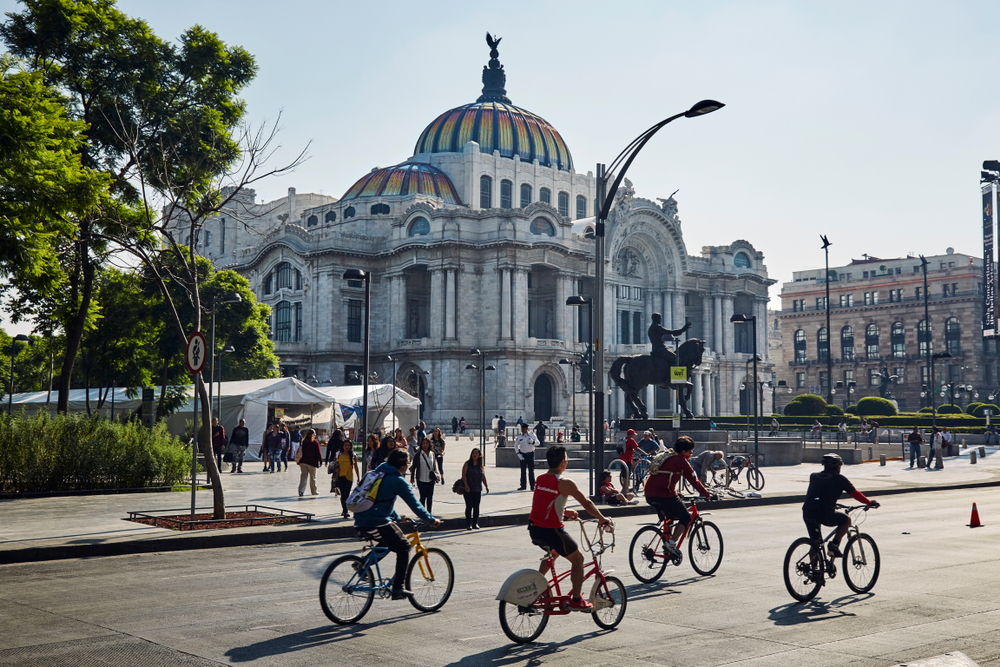 35 years ago, Mexico City was devastated by an 8.1 magnitude earthquake. The 1985 quake killed as many as 30,000 people, damaged 31 percent of the city’s buildings, and razed the homes of up to 700,000 people. Today, Mexico City is one of the most important economic hubs in the region, straddling both North and ...Read More
35 years ago, Mexico City was devastated by an 8.1 magnitude earthquake. The 1985 quake killed as many as 30,000 people, damaged 31 percent of the city’s buildings, and razed the homes of up to 700,000 people. Today, Mexico City is one of the most important economic hubs in the region, straddling both North and ...Read MoreDar es Salaam: 1985 and Today
March 30, 2020
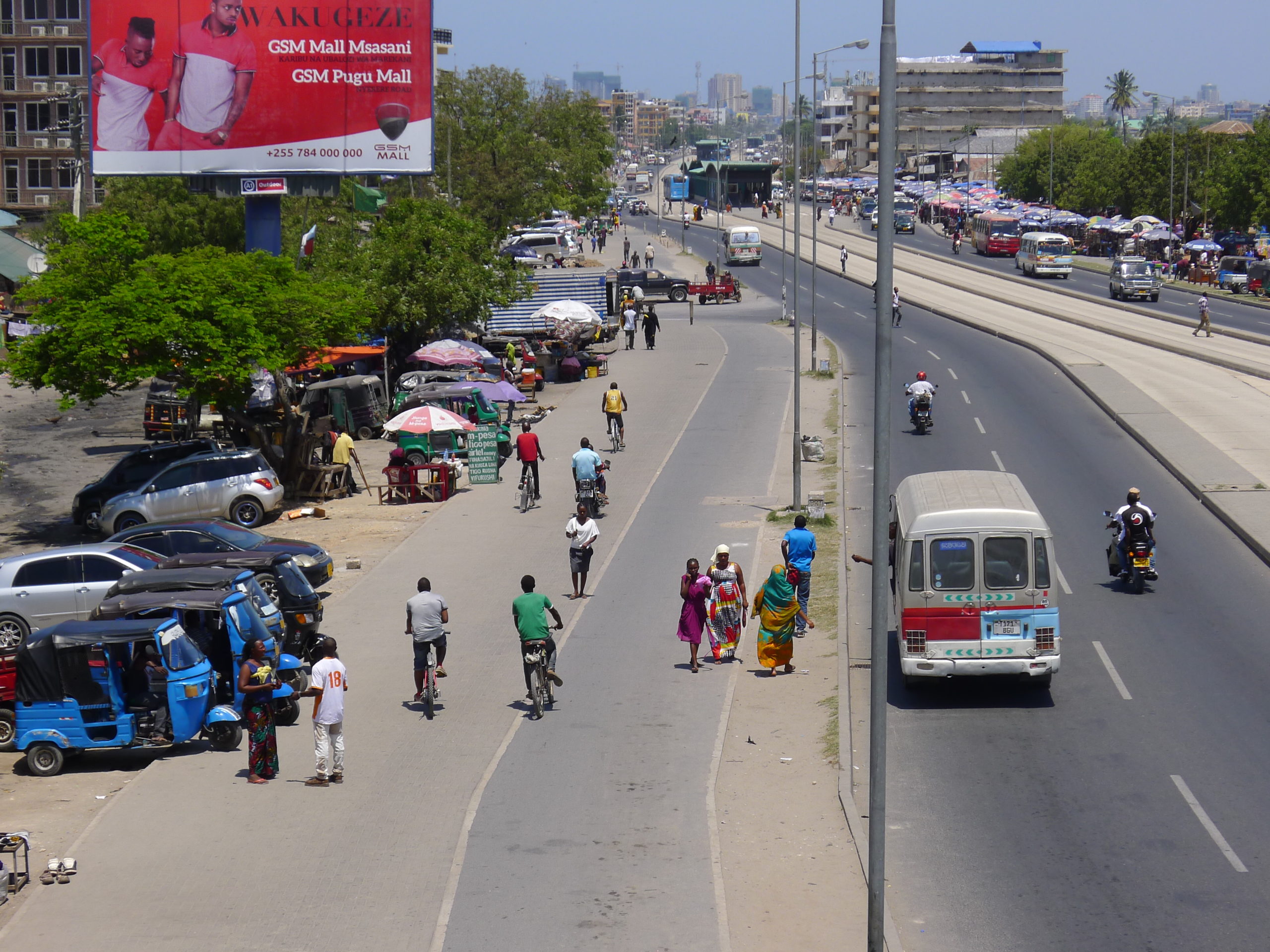 35 years ago, Dar es Salaam was experiencing a surge of informal public transit operators. The transport authority acknowledged it was unable to meet demand with its limited bus system, and legalized the now ubiquitous daladala minibuses. Today, this is still how most Dar es Salaam residents travel: packed into shared minibus taxis that jostle ...Read More
35 years ago, Dar es Salaam was experiencing a surge of informal public transit operators. The transport authority acknowledged it was unable to meet demand with its limited bus system, and legalized the now ubiquitous daladala minibuses. Today, this is still how most Dar es Salaam residents travel: packed into shared minibus taxis that jostle ...Read MorePost-Pandemic, Chinese Cities Gradually Reopen Transport Networks
March 26, 2020
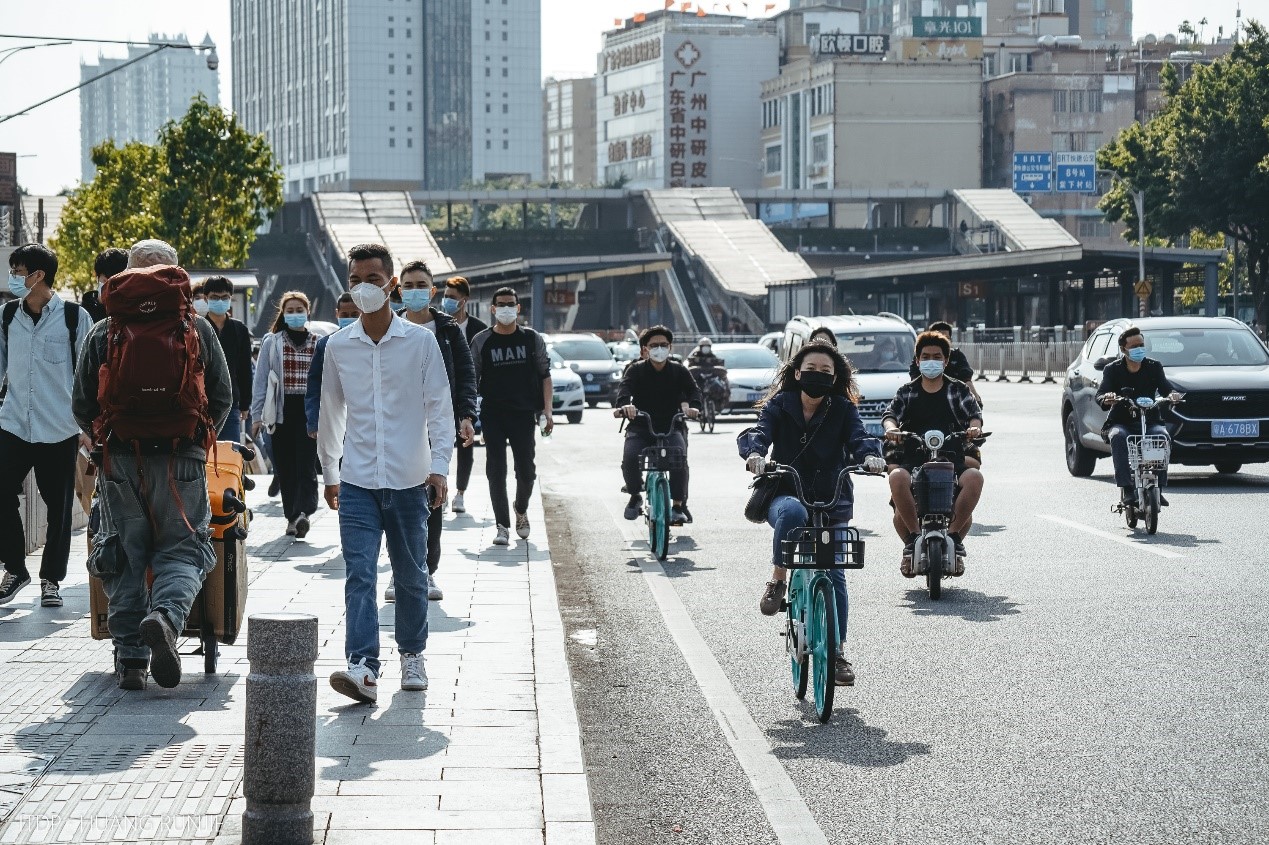 Post-Pandemic, Chinese Cities Take Stock of Transport Networks Last week, China reported a milestone: no new infections of COVID-19 for the first time in about three months. Having passed the most serious period of infection, Chinese cities are beginning to open up again, gradually. And gradually, we are seeing what this means for China’s massive transport ...Read More
Post-Pandemic, Chinese Cities Take Stock of Transport Networks Last week, China reported a milestone: no new infections of COVID-19 for the first time in about three months. Having passed the most serious period of infection, Chinese cities are beginning to open up again, gradually. And gradually, we are seeing what this means for China’s massive transport ...Read MoreAs the Impacts of Coronavirus Grow, Micromobility Fills in the Gaps
March 24, 2020
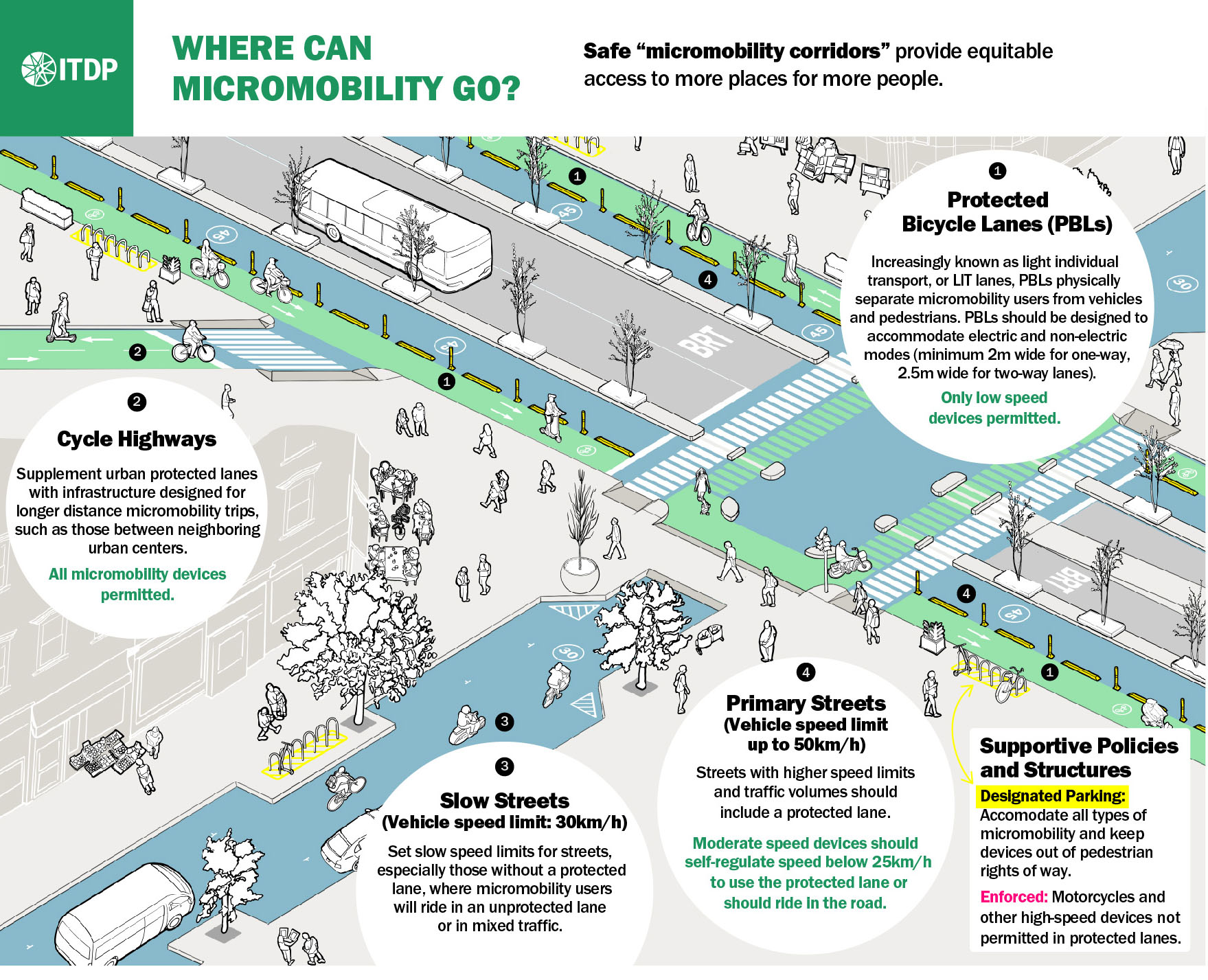 As the Impacts of Coronavirus Grow, Micromobility Fills in the Gaps At the time of this writing, COVID-19 is disrupting peoples’ daily lives in many ways, including restricting daily travel, from optional work-from-home arrangements to complete shutdowns. While the most common advice remains to limit travel, having reliable, affordable choices for that travel matters now more ...Read More
As the Impacts of Coronavirus Grow, Micromobility Fills in the Gaps At the time of this writing, COVID-19 is disrupting peoples’ daily lives in many ways, including restricting daily travel, from optional work-from-home arrangements to complete shutdowns. While the most common advice remains to limit travel, having reliable, affordable choices for that travel matters now more ...Read MoreRio de Janeiro: 1985 and Today
March 9, 2020
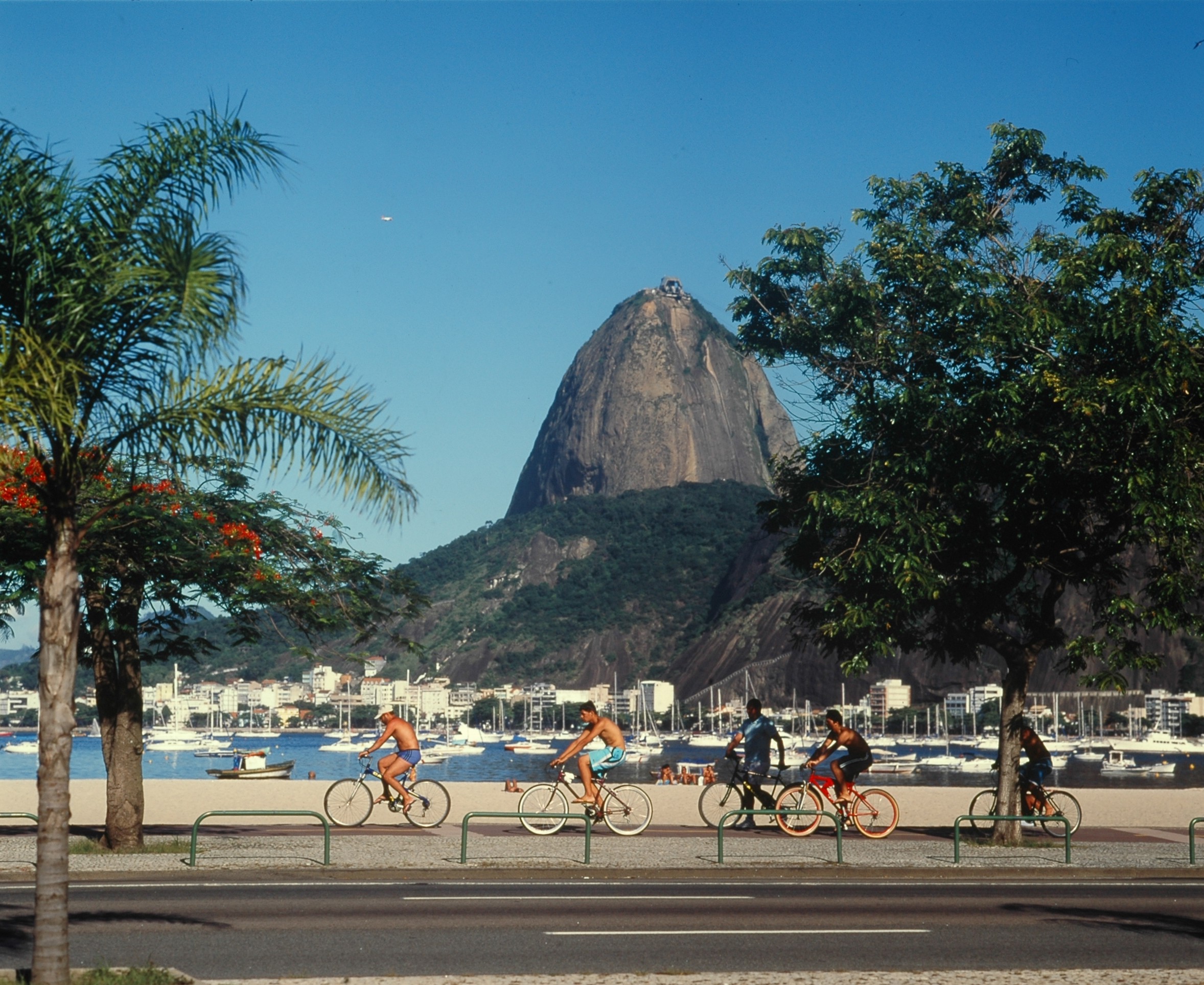 In 1985, Rio de Janeiro was coming out of two decades of military rule, and experiencing a surge growth. Older parts of the city were being demolished and rebuilt, and the city as it is today was taking shape. The city had the beginnings of formal a transit system, with the oldest commuter train in ...Read More
In 1985, Rio de Janeiro was coming out of two decades of military rule, and experiencing a surge growth. Older parts of the city were being demolished and rebuilt, and the city as it is today was taking shape. The city had the beginnings of formal a transit system, with the oldest commuter train in ...Read MoreTransit Solutions for the Air Quality Crisis
March 4, 2020
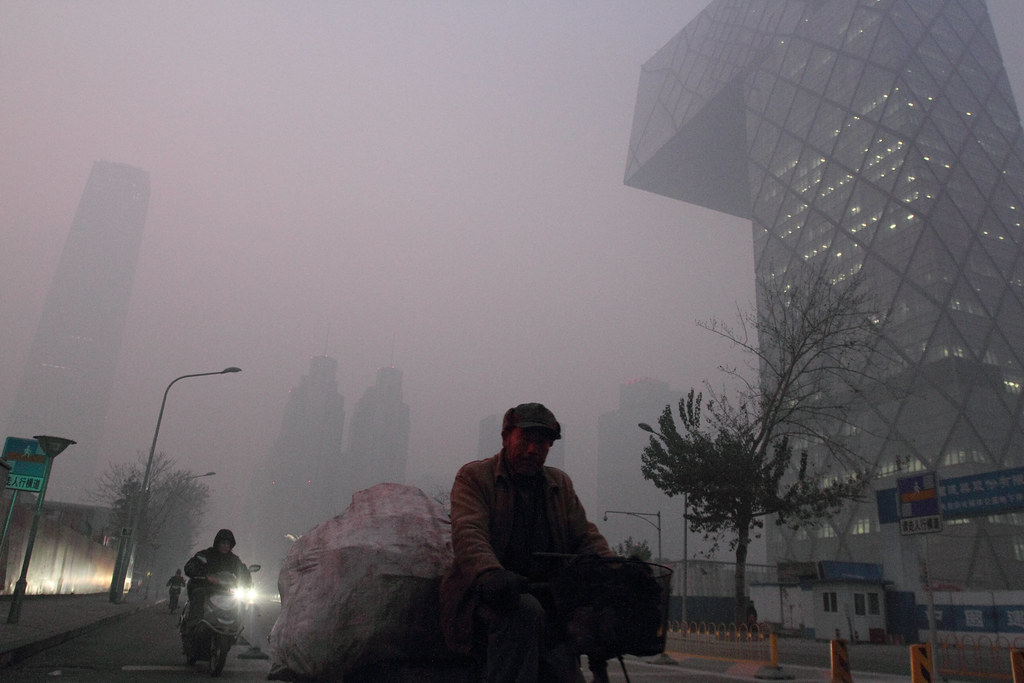 Transport Solutions for the Air Quality Crisis Our cities are in the midst of an air quality crisis. According to the WHO, 80 percent of urban residents are breathing air that does not meet standards for health, with middle- and low-income nations suffering from the highest exposures. While air quality concerns are far from breaking news, the ...Read More
Transport Solutions for the Air Quality Crisis Our cities are in the midst of an air quality crisis. According to the WHO, 80 percent of urban residents are breathing air that does not meet standards for health, with middle- and low-income nations suffering from the highest exposures. While air quality concerns are far from breaking news, the ...Read MoreWhy Your City Doesn’t Have Enough Cyclists
February 27, 2020
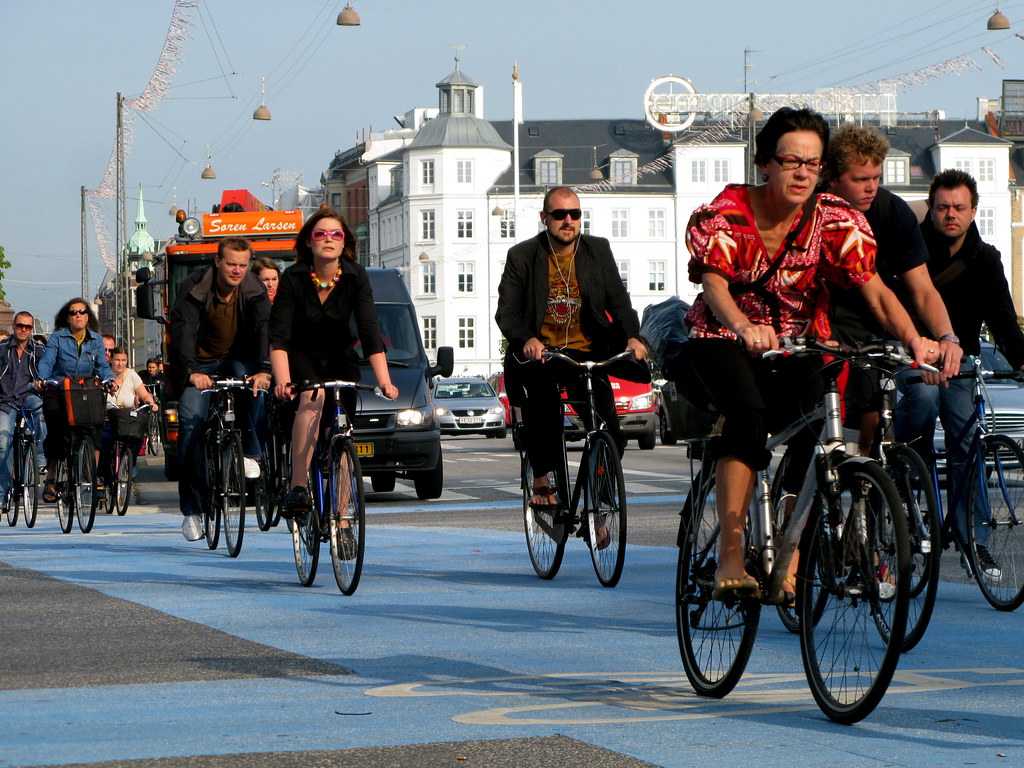 Why Your City Doesn’t Have Enough Cyclists More people on bicycles on the streets benefit everyone in the city, even if they never get on a bicycle. A higher mode share of cyclists means fewer cars on the street, greater safety for pedestrians, improved air quality, a healthier population, lower transportation costs, and greater equity and ...Read More
Why Your City Doesn’t Have Enough Cyclists More people on bicycles on the streets benefit everyone in the city, even if they never get on a bicycle. A higher mode share of cyclists means fewer cars on the street, greater safety for pedestrians, improved air quality, a healthier population, lower transportation costs, and greater equity and ...Read MoreNominate Your City for the 2021 Sustainable Transport Award
February 26, 2020
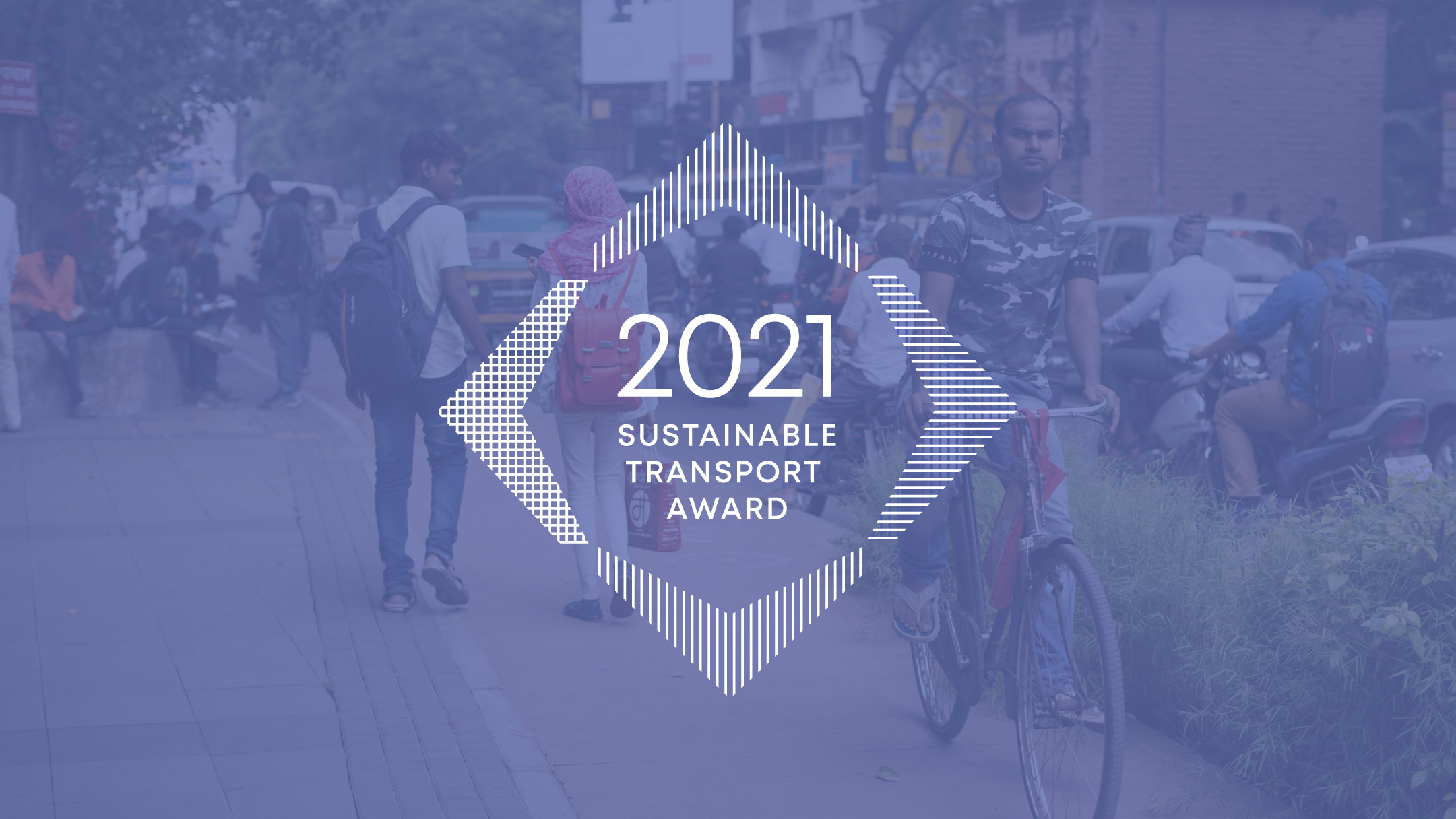 ITDP, together with an international committee of development and transport experts, invites you to nominate your city for the Sustainable Transport Award. Nominations accepted between now and July 2, 2020 at staward.org. Does your city deserve more recognition for new transport, street design, or policy improvements that increase mobility and improve quality of life for your residents? ...Read More
ITDP, together with an international committee of development and transport experts, invites you to nominate your city for the Sustainable Transport Award. Nominations accepted between now and July 2, 2020 at staward.org. Does your city deserve more recognition for new transport, street design, or policy improvements that increase mobility and improve quality of life for your residents? ...Read MoreChennai: 1985 and Today
February 13, 2020
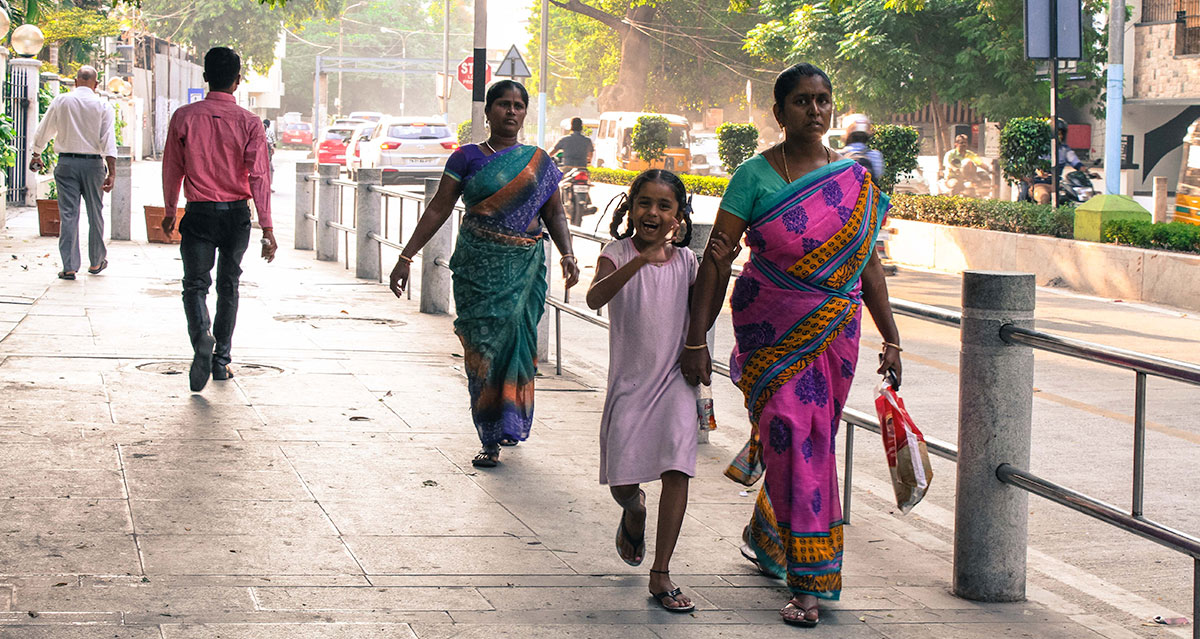 Chennai, the birthplace of the Indian railway system, was also home to the nation’s first electric trams, in 1895. Unfortunately, politicians chose to end the service in the early 1950s, with the idea of building “modern” roads and bridges for cars. By 1985, Chennai, then known as Madras, had seen its car and motorcycle populations ...Read More
Chennai, the birthplace of the Indian railway system, was also home to the nation’s first electric trams, in 1895. Unfortunately, politicians chose to end the service in the early 1950s, with the idea of building “modern” roads and bridges for cars. By 1985, Chennai, then known as Madras, had seen its car and motorcycle populations ...Read MoreWill E-bikes Make Cycle Highways Happen?
February 4, 2020
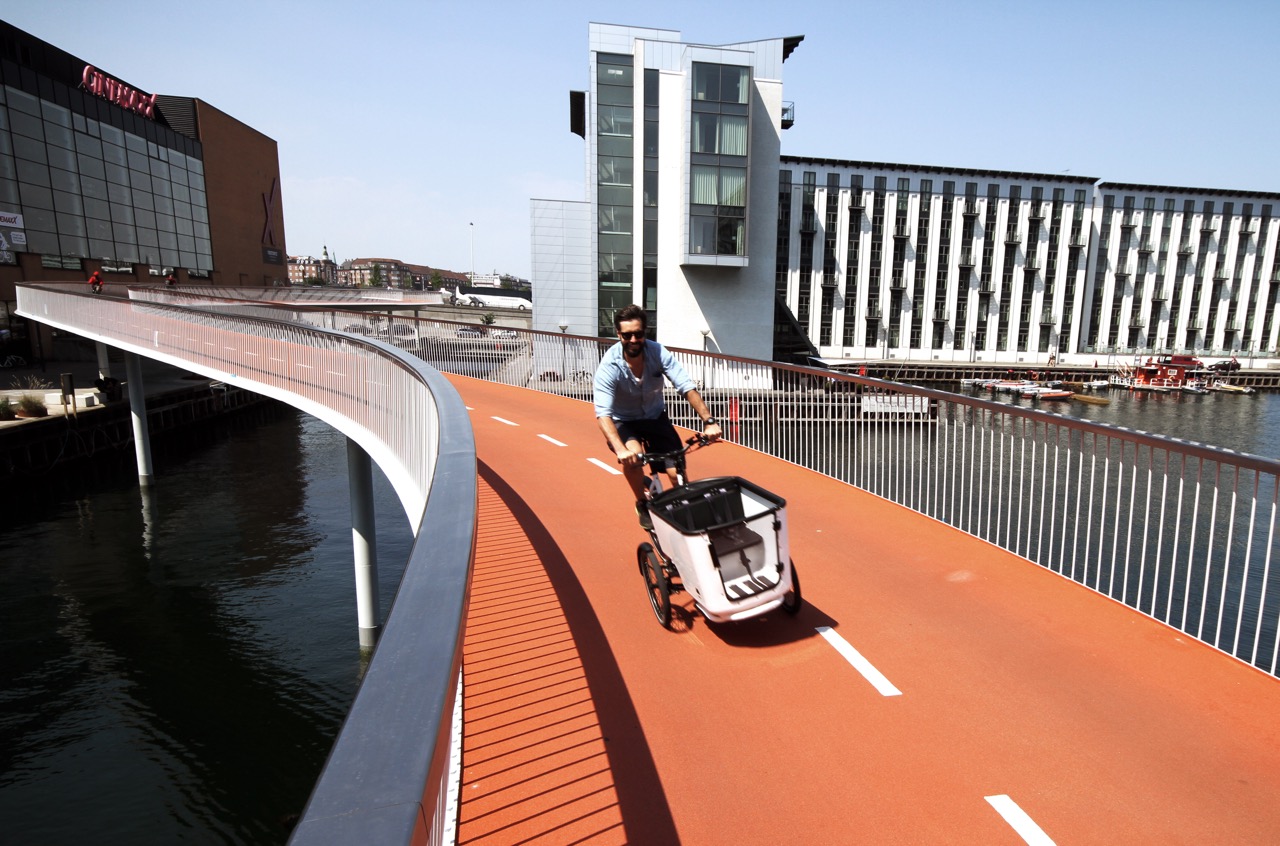 Cycling offers ample benefits to the daily commuter: light exercise, fresh air, and a low stress commute on two wheels. However, people may not even consider cycling as they view it as treacherous due to the many motorized vehicles traversing roads quickly alongside them. A lack of safe, comfortable cycling routes in many cities exacerbates ...Read More
Cycling offers ample benefits to the daily commuter: light exercise, fresh air, and a low stress commute on two wheels. However, people may not even consider cycling as they view it as treacherous due to the many motorized vehicles traversing roads quickly alongside them. A lack of safe, comfortable cycling routes in many cities exacerbates ...Read More
